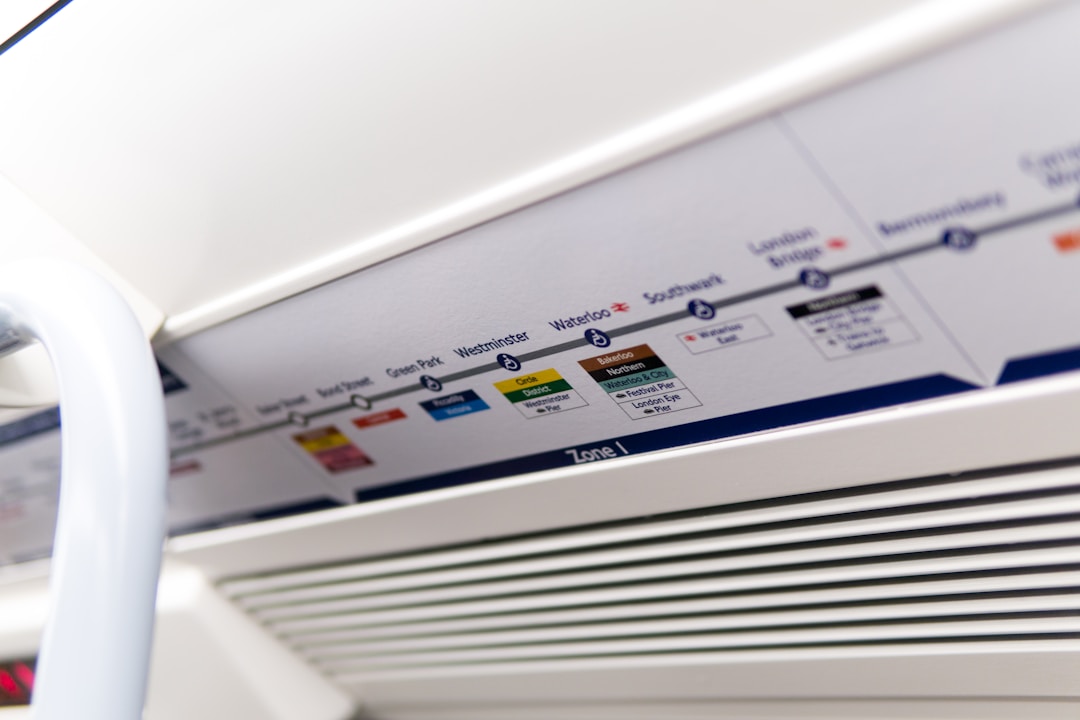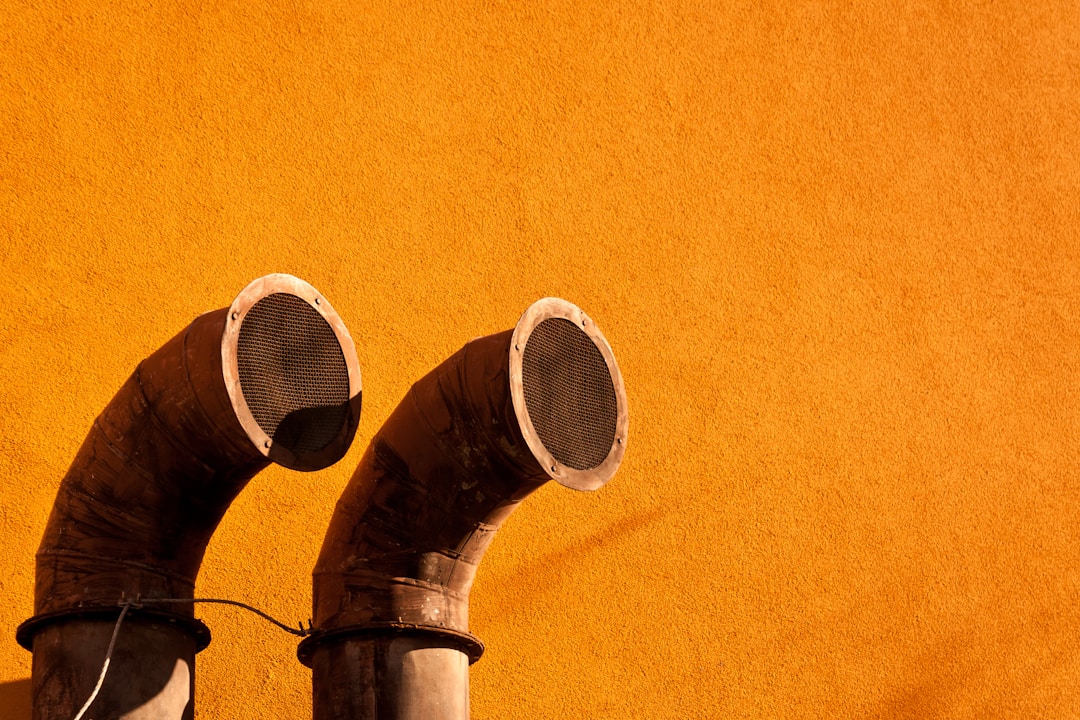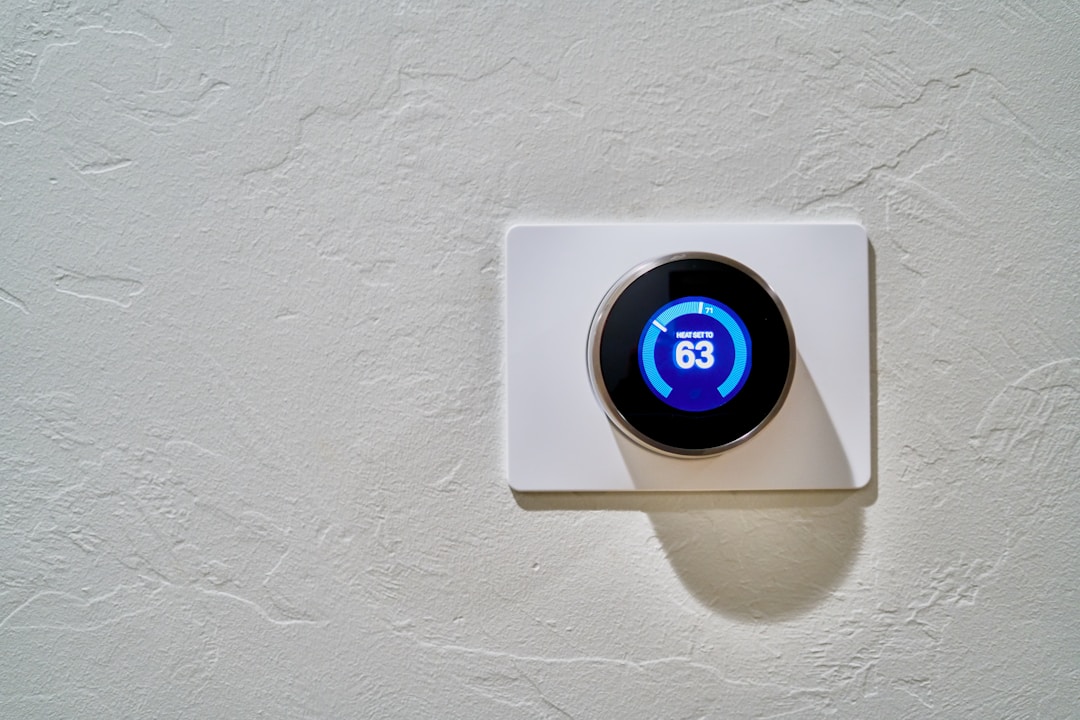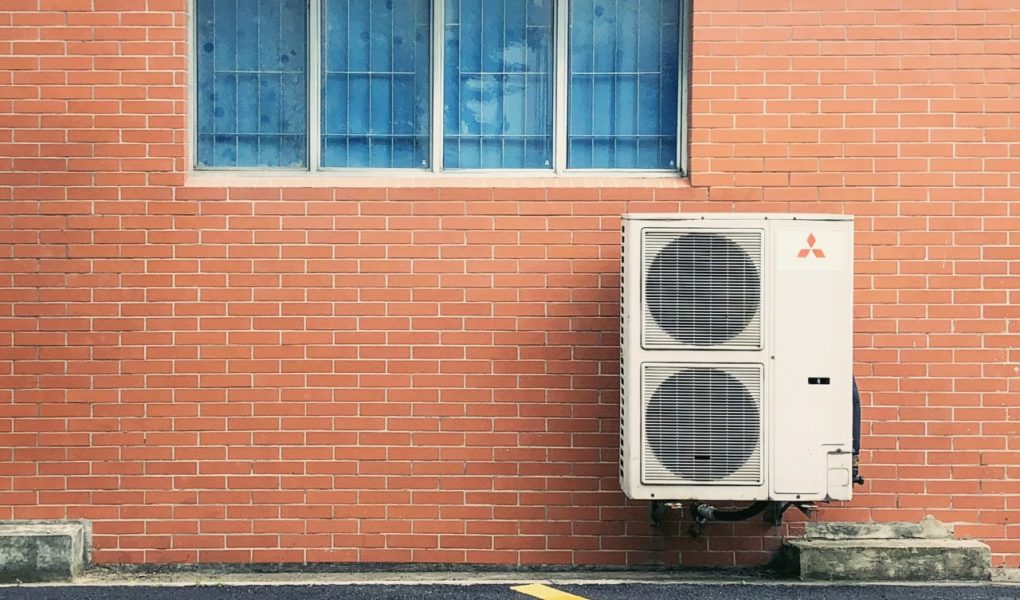You rely on your HVAC system to keep your household comfortable, whether it’s turning up the heat in January or cranking up the air conditioner in July. However, this can send your utility bills surging seasonally. There are simple ways for any homeowner to monitor their HVAC system and make sure it operates at peak energy efficiency.
1. Regular Maintenance

From the moment of installation through any amount of repairs, your HVAC specialist can easily increase your system’s efficiency. It’s recommended to bring in a technician annually or biannually to take a look at the HVAC system and its attached ductwork to make sure it’s operating on all cylinders. This includes checking for any blockage that’s preventing proper airflow, as well as any rust or troubles with equipment. However, homeowners also have a hand in routine maintenance. Regularly cleaning and replacing air filters is important to keep a system operating at the average lifespan. You can also vacuum your air intake vents to remove any dust buildup.
2. Limiting Use at Certain Times

Energy costs are most impacted by the use of HVAC systems during the summer and winter months. However, there are steps homeowners can take to keep the pressure off the unit and still maintain a comfortable home. Ceiling or box fans can help create some air circulation to create some indoor comfort during those warmer times of the year. These also use less energy than most HVAC equipment. There’s also no harm in opening up the windows. This not only brings in a nice cross-breeze, but that ventilation will also boost your indoor air quality.
3. Sealing Leaky Ductwork

If you notice your air system isn’t providing the hot or cold indoor temperature you seek, there may be some issues with your ductwork. Be sure to regularly inspect those ducts for any leaks or cracks that may be allowing hot or cold air to escape. This has an immediate impact on the efficiency of the unit, expending more energy use by putting more pressure on HVAC equipment. It’s the easiest way to run out the lifespan of a system. Leaks and cracks can be temporarily patched with metal-sided duct tape. However, it’s important to consider other sealants or possible replacement of ducts over the long term.
4. Installing a Programmable Thermostat

It’s often expressed by experts to avoid keeping your HVAC system on when you’re not at home. However, it’s extremely uncomfortable to walk into a steaming hot house in the middle of August. To keep yourself comfortable and maintain the efficiency of your system, consider investing in a programmable thermostat that allows you to regulate when the heat or air conditioning kicks on. Be sure to keep these thermostats away from anywhere in your house where it’s hit by natural sunlight. This will provide your HVAC with a false temperature reading. These programmable thermostats may also come with apps that allow you to kick on the heating or cooling system before you get back in the house to provide some comfort without hefty energy consumption.
5. Energy Star Units

One of the best ways to keep your energy costs down and keep your HVAC unit running efficiently is to consider Energy Star systems and appliances. These products are endorsed by the United States Department of Energy and the Environmental Protection Agency, promoting healthy energy consumption that translates into greater annual energy savings per household. Several HVAC companies will provide homeowners with a quote on these systems. While this may have a high initial cost of installing a new HVAC system, the efficiency of the system will be beneficial in the long run for your bottom line.



